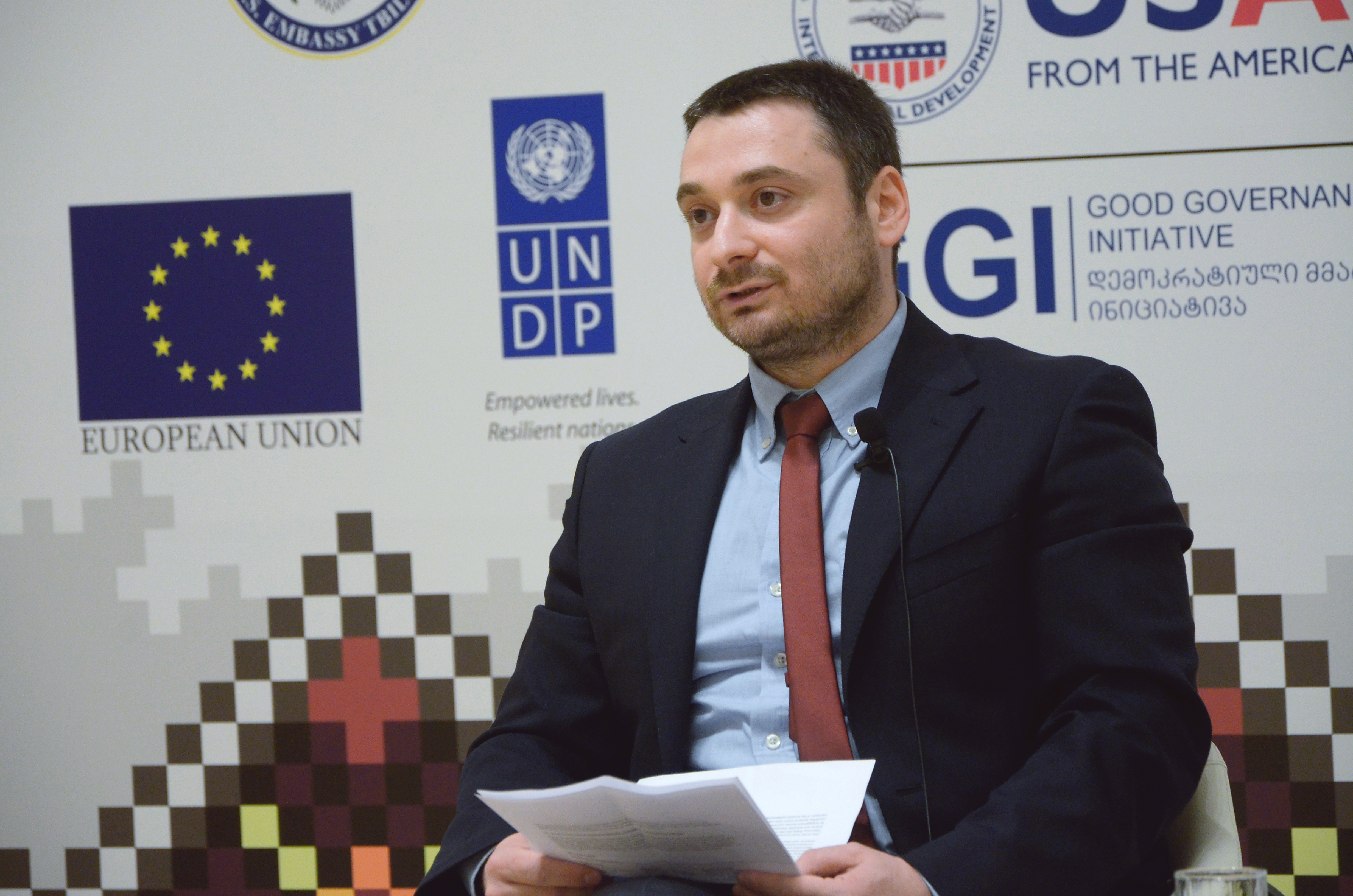


 On September 25, 2015, 193 UN member states adopted the 2030 Agenda for Sustainable Development. The document is exceptionally important, as it includes goals and objectives such as poverty reduction, environmental protection, transparency in implementation of infrastructure projects, improvement of the socio-economic environment, increase of transparency and accountability of public service, and other goals that promote economic growth and social inclusion.
On September 25, 2015, 193 UN member states adopted the 2030 Agenda for Sustainable Development. The document is exceptionally important, as it includes goals and objectives such as poverty reduction, environmental protection, transparency in implementation of infrastructure projects, improvement of the socio-economic environment, increase of transparency and accountability of public service, and other goals that promote economic growth and social inclusion.
The full implementation of the international document of this scale requires a relevant platform that will take on the challenges facing the document, and show a high level of state and civil society involvement.
Open Government Partnership (OGP) promotes the development of open and good governance, improvement of transparency and accountability of state agencies, and introduction of innovations and technologies. At the same time, OGP promotes the close cooperation and joint work of civil society and state institutions to support the implementation of principles such as citizen participation, access to information, integrity, improvement of public services, and corporate accountability. Recently, OGP has expanded its scope by including new participants - central and local government bodies, legislative bodies, and international organizations. This is evidenced by an increased participation of Parliaments in the OGP initiative. This year, for the first time, Open Government Partnership launched a pilot program to supporte active engagement of municipalities in OGP.
The analyses of OGP National Action Plans confirms that the OGP member countries' commitments are diverse, covering a wide variety of issues, such as consumer protection, transparency in implementation of infrastructure projects, creation of a safer environment, ensuring transparency in implementation of energy projects, assurance of land ownership, fisheries, issues of water supply, participatory budgeting, decent living conditions, and other issues that are important for better civic engagement, and improvement of the economic, social and democratic environment.
In order to ensure strong connection between the goals of the Sustainable Development Agenda and Open Government Partnership, OGP developed a special Open Government Guide that aims to inform its member countries of the current OGP practice and commitments in relation to sustainable development goals. At the same time, the Special Guide considers the role of Open Government in relation to each goal of sustainable development.
After the elaboration of Sustainable Development Goals, a considerable part of OGP experts concentrated their attention on the 16th goal of the Sustainable Development Agenda – Peace, Justice and Strong Institutions. This goal was identified as one of the most relevant targets for the Open Government Partnership, since OGP aims to improve the public services and promote integrity in all state institutions. However, we would like to express a different opinion on this matter:
First - OGP is directly related to all goals of the Sustainable Development Agenda. This is evidenced by the action plan commitments of the OGP member countries. These commitments are diverse in content and respond directly to the UN Sustainable Development Goals. OGP’s connection to UN Sustainable Development Goals is also clear by the Special Edition of the Open Government Guide which explains in detail the role of Open Government in relation to each SDG, the existing practice of OGP member states, and recommendation on commitments to be undertaken by member states in the future for the purpose of implementing sustainable development goals.
Second - OGP’s focus on a single goal of Sustainable Development poses a risk that its member countries may direct all of their efforts towards a single goal and ignore the other ones. This could result in a failure to bring together the objectives of the Sustainable Development Agenda and those of the OGP.
Third - We believe that it is impossible for an OGP member state to elaborate an Action Plan that is not in line with the Sustainable Development Agenda, since an action plan developed around OGP principles inevitably supports the implementation of the Sustainable Development Agenda as well. Therefore, if an action plan is not consistent of at least one goal of Sustainable Development, it cannot be consistent with the OGP principles.
Finally, no matter how the OGP chooses to develop in the future (i.e. expand the number of its member countries or concentrate on deepening the participation of its existing members), it will remain the best international initiative through which, by voluntarily committing to binding obligations, governments and societies can join efforts to create the grounds for implementation the 2030 Sustainable Development Agenda.
Giorgi Kldiashvili
Institute for Development of Freedom of Information, Director
Co-chairperson of the Open Government Georgia Forum
/public/upload/Meri/OGP-ENG.PDF